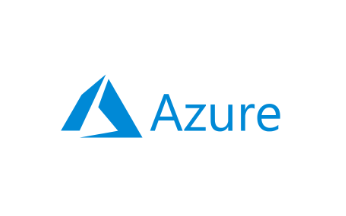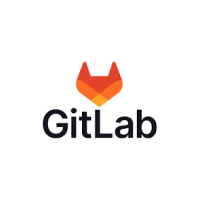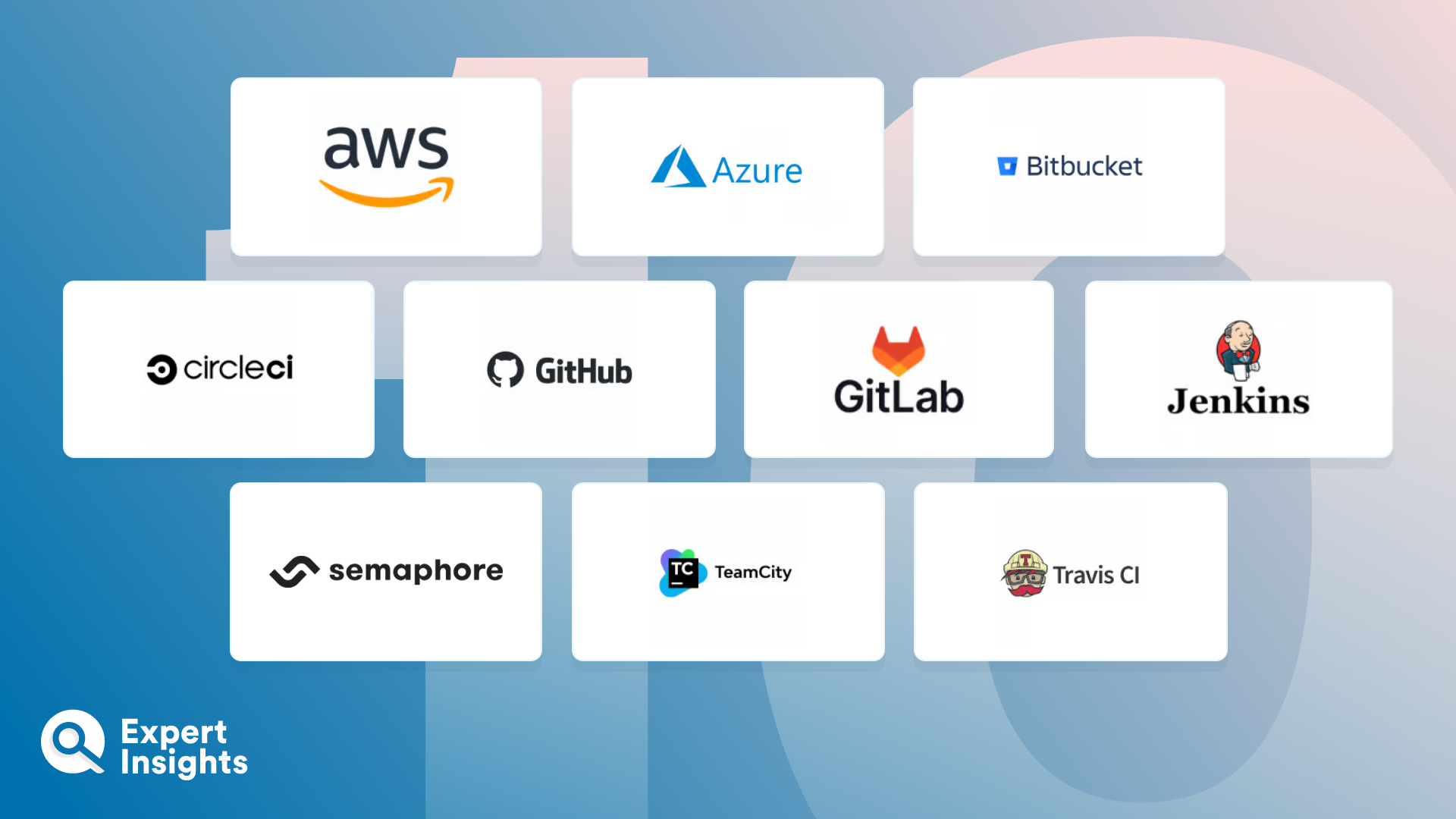Continuous Integration (CI) tools help in reducing errors during software development through continuous building, testing, and deployment of code. By automating the integration of code changes from multiple contributors into a single software project, CI tools allow for quicker discovery and rectification of bugs, significantly improving software quality and delivery speed. Implementing Continuous Integration allows you to make more frequent and more reliable software releases.
The CI tool market is continuously evolving, with providers offering a broad range of features. These providers typically offer solutions that integrate deeply with other software development tools, adding functionalities like containerization support, extensive test automation, scalable cloud-based infrastructure, and interactive dashboards for reporting.
In this guide, we will cover the top Continuous Integration tools. We’ll assess these tools based on capabilities including their ease of setup and use, third-party integrations, scalability, pricing, and overall performance. Feedback from developers and technology leaders who have used these tools will also be factored into our assessments.
















